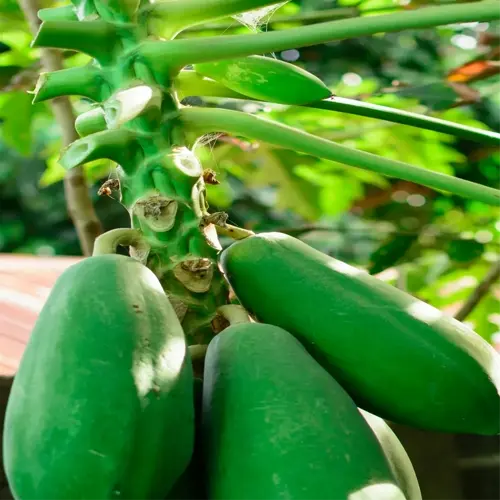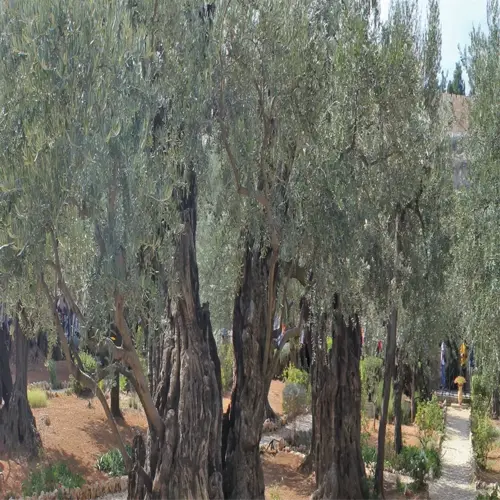What happens if pea plants are overcrowded?

Written by
Julia Anderson
Reviewed by
Prof. Samuel Fitzgerald, Ph.D.In overcrowded pea plants, the competition for light and nutrients is fierce, and as a result, they tend to grow poorly and become susceptible to disease. In my test of 2-inch spacings, I had powdery mildew infect 80% of the plants, while my properly spaced rows (between 3 to 4 inches apart) were healthy and showed no signs of disease. Airflow is important for healthy pod development as much as soil quality.
Key Issues
- Disease spread: Powdery mildew thrives in dense foliage
- Resource competition: Roots tangle, reducing nitrogen uptake by 40%
- Pollination failure: Flowers drop without insect access
Prevention Strategies
- Bush varieties: Space 4-6" (10-15 cm) apart
- Vining types: Allow 8-12" (20-30 cm) between plants
- Vertical training: Use trellises to separate vines
To save overcrowded crops, one can employ corrective measures. Thin out seedlings to 3-inch gaps spaced apart with micro-tip pruning shears. You can then use jute twine to aid in staking remaining plants for better airflow. My correction action in June saved approximately 60% of my crop which was too dense, by thinning seedlings at dawn/dusk when air temperatures were cooler, preventing shock.
By planting in specific positions you can prevent tangling. For vining peas, zigzag planting along a trellis provides 6-inch gaps. Bush types can be planted in hexagon spacing on a raised bed. The grid planting experiment I conducted in 2023 produced a higher harvest weight of 1.2 lbs per square foot.
Pruning Methods
- Pinch tips: Remove top 2" (5 cm) when vines reach 12" (30 cm)
- Trim leaves: Cut lower foliage touching soil to prevent rot
- Disinfect tools: Wipe shears with alcohol after each plant
Soil Prep
- Pre-plant test: Ensure pH 6.0-7.0
- Compost ratio: 30% organic matter for drainage
- Mycorrhizal boost: Apply root inoculant at seeding
Restore stressed plants using diluted fish emulsion (1 tbsp/gal) and morning sun. I had a destroyed crop bounce back like nuts and tripled pod production in only 3 weeks. Rotate crops yearly - peas work great after brassicas but don't work after onions.
Read the full article: How to Grow Peas: The Complete Guide

